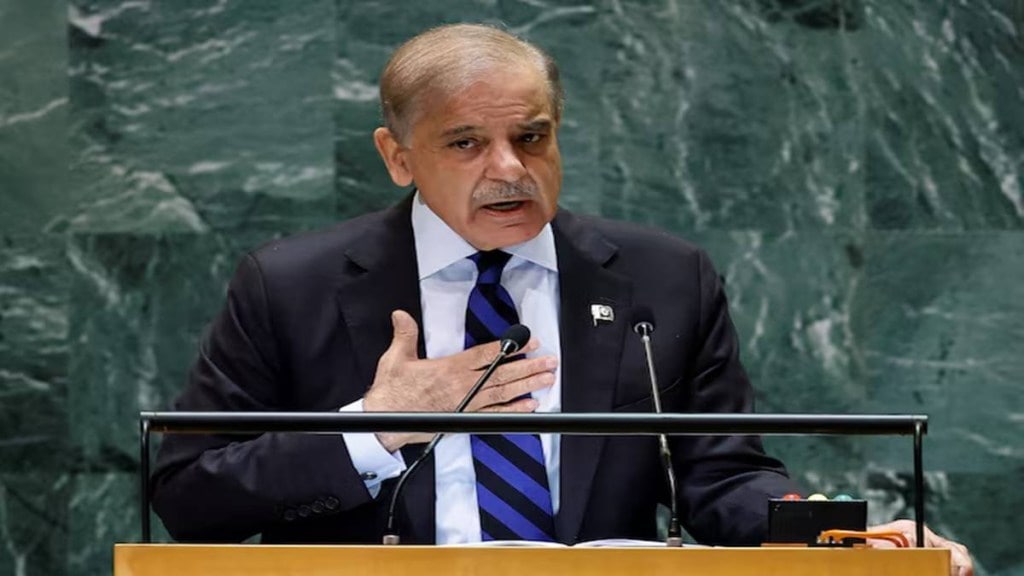Pakistan announced on Thursday evening that it was removing taxes imposed on foreign companies conducting e-commerce within the country. The announcement came mere hours after US President Donald Trump announced that the two countries had reached an agreement to jointly develop oil reserves within Pakistan. Islamabad also hailed the finalisation of a trade deal with Washington on Thursday — calling it the “beginning of a new era of economic collaboration”.
“We have removed the tax imposed on international companies doing e-commerce in Pakistan! Pakistan is open for business!” lawmaker Shaza Fatima Khawaja wrote on X.
“The federal government is pleased to direct the Digital Presence Proceed Tax shall not apply to digitally ordered goods and services supplied from outside Pakistan, by any person, which are chargeable to tax under the said Act. This notification shall come into force on and from the first day of July 2025,” an official statement added.
Trump says US, Pakistan to develop oil reserves
Officials from both nations confirmed the finalisation of a trade agreement on Thursday — allowing Washington to help develop largely untapped oil reserves and lower tariffs for the south Asian country.
“We have just concluded a deal with the country of Pakistan, whereby Pakistan and the United States will work together on developing their massive oil reserves. We are in the process of choosing the oil company that will lead this partnership. Who knows, maybe they’ll be selling oil to India someday!” Trump wrote on his Truth Social platform.
Pakistan hails trade deal
“This deal marks the beginning of a new era of economic collaboration especially in energy, mines and minerals, IT, cryptocurrency and other sectors,” the Pakistan finance ministry said in a statement following a final round of talks in Washington.
Islamabad described the deal as a marker of a broader partnership with Washington, and Finance Minister Muhammad Aurangzeb, who led the final round of talks, said there was a larger economic and strategic agreement.
“From our perspective, it was always going beyond the immediate trade imperative, and its whole purpose was, and is, that trade and investment have to go hand in hand,” he said, in video-taped remarks.
Pakistan had faced a potential tariff of 29%, which was later suspended – as with other nations – to allow trade talks up to an August 1 deadline. Islamabad was aiming at a tariff less than regional trade rivals such as Vietnam, which had a 20% tariff imposed by Trump, and India, which is threatened with a 25% tariff.
